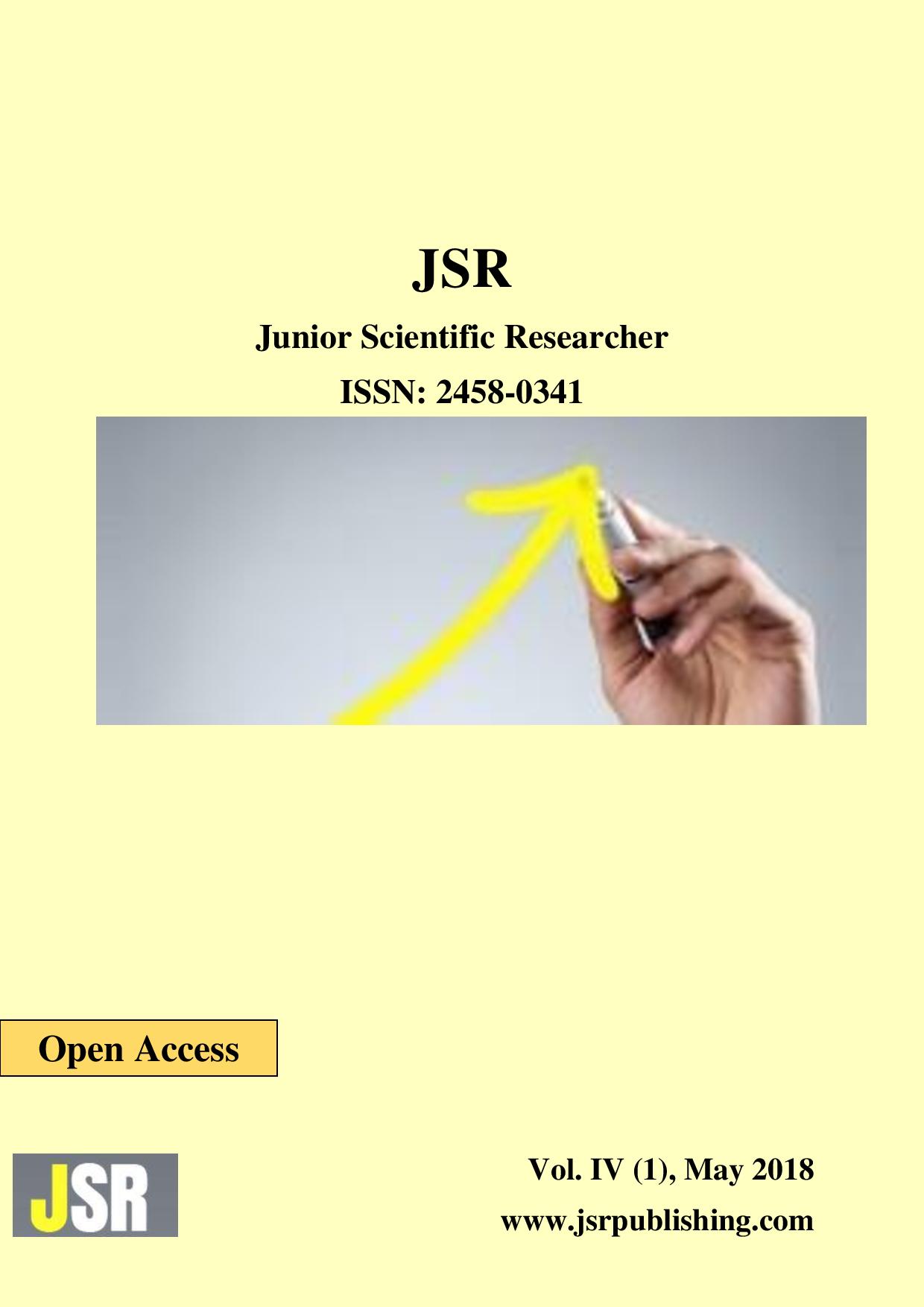ANALYSIS OF WEAKNESSES OF COASTAL COMMUNITY
ECONOMY EMPOWERMENT PROGRAM (PEMP) AND
NATIONAL PROGRAM OF COMMUNITY EMPOWERMENT OF
INDEPENDENT MARINE AND FISHERIES (PNPM-MKP) ON
TRADITIONAL FISHERMEN IN INDONESIA
ANALYSIS OF WEAKNESSES OF COASTAL COMMUNITY
ECONOMY EMPOWERMENT PROGRAM (PEMP) AND
NATIONAL PROGRAM OF COMMUNITY EMPOWERMENT OF
INDEPENDENT MARINE AND FISHERIES (PNPM-MKP) ON
TRADITIONAL FISHERMEN IN INDONESIA
Author(s): Bengkel Ginting, M. Arif Nasution, . Subhilhar, R. Hamdani HarahapSubject(s): Social Sciences, National Economy, Economic policy, Developing nations, Behaviorism, Socio-Economic Research
Published by: Research Publishing SRL
Keywords: Empowerment; Fishermen; Poverty; socio-economic condition;
Summary/Abstract: Indonesia has an abundant fisheries resource. The potential has not been well this is marked by the smallcontribution of marine and fishery sector to the national income of only 14.7% of the total gross domesticproduct (GDP), compared to other countries. The dramatic phenomenon between the potential andutilization of marine resources implies to the predominant level of coastal communities who mostly workas fishermen at sea. In order to go to sea with a simple technology also with low human resources makethe living standard of traditional fishermen may be categorized as poor. When compared to other farminggroups in the agricultural sector, traditional fishermen are among the poorest. With an already manygovernment empowerment programs, yet it has not managed to raise the standard of living for thetraditional fishermen. The research is aimed to describe the implementation and weakness of CoastalCommunity Economy Empowerment Program (PEMP) and National Program of CommunityEmpowerment of Independent Marine and Fisheries (PNPM-MKP) on the traditional fishermen of PercutVillage, Percut Sei Tuan in North Sumatra, Indonesia. Type of research is descriptive with 10 traditionalfishermen, the fishermen group committee and the marine and fisheries department’s officials. Data werecollected by observation, in-depth interview and focus group discussion (FGD). The result of the study ofsocio-economic condition of traditional fishermen of Percut Village is badly seen from the indicators ofhousing and sanitation that are not suitable for healthy living, limited fishing equipment and over fishingcatching areas.
Journal: Junior Scientific Researcher
- Issue Year: 4/2018
- Issue No: 1
- Page Range: 41-53
- Page Count: 13
- Language: English

